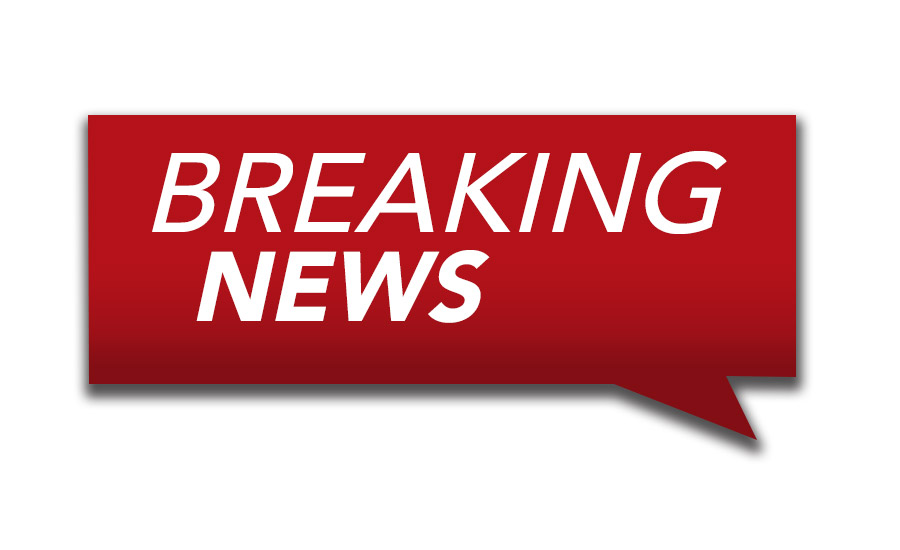COLUMBUS, Ohio — The U.S. Department of Labor (DOL) has finalized controversial regulations updating the annual salary threshold that generally determines who qualifies for overtime pay when they log more than 40 hours a week.
The new requirements will raise the minimum salary that an overtime exempt employee may earn from $23,660 to $47,476 ($913/week) and establish an effective date of Dec. 1, 2016. Additionally, the salary level will be automatically updated and increased every three years. It is expected that the salary will be $51,000 per year on Jan. 1, 2020.
The rule will allow bonuses and incentive payments to count toward up to 10 percent of the new salary level. However, for employers to credit non-discretionary bonuses and incentive payments toward a portion of the standard salary level test, such payments must be paid on a quarterly or more frequent basis and the employer is permitted to make a “catch-up” payment. More specific details of this new development are still unclear.
DOL had considered making changes to the “test” of primary executive, which are the administrative and professional duties an employee must perform to be exempt from earning overtime, but decided against it after employers expressed concerns that the test would become too difficult and costly to implement. This rule does not impact properly classified outside sales personnel.
There has been concern among many groups that the rule will restrict performance and incentive programs and prevent companies from sending employees to professional development and training programs, conferences or other events and activities which would cause an employee to top 40 hours week.
"We believe this rule will have a negative impact upon many of our members," said Talbot Gee, CEO of Heating, Air-conditioning & Refrigeration Distributors International (HARDI). "At a time when companies are faced with ever increasing healthcare and compliance costs, this misguided rule will add another expense to distributors and restrict their ability to offer employees flexibility and opportunity to attend continuing education and professional development events. We strongly urge Congress to exercise its oversight responsibilities and make the Department of Labor take another look at this rule."
It is expected that this rule will be challenged in court and Congress is considering legislation that would prevent the rule from being implemented.
HARDI will continue to update members as we learn more about this new requirement. For more information, contact Jon Melchi, HARDI vice president government affairs & business development, at jmelchi@hardinet.org.


Report Abusive Comment